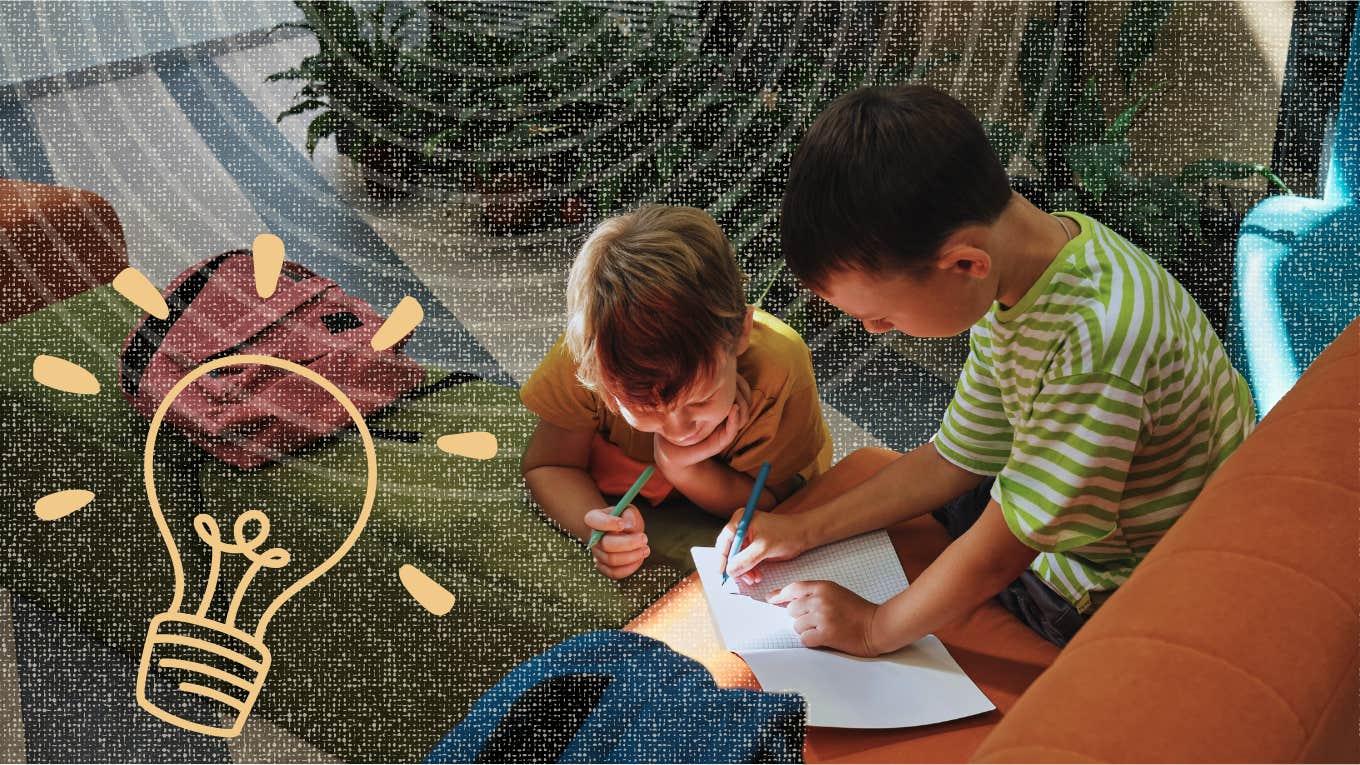5 Tiny Secrets Of Parents Who Raise Motivated Kids Who Never Procrastinate
Kids are not born with motivation skills.
 Andrej Lišakov | Unsplash
Andrej Lišakov | Unsplash Parenting kids who procrastinate can drive you up a wall. If pulling your hair out while dangling at your wit's end is a familiar experience for you ... keep reading!
Underneath the frustration, your child's procrastination probably makes you feel powerless, right? You want to help them overcome this bad habit you know will hold them back in life, but you don't have the energy to go to war over it constantly.
What's a frazzled and frustrated parent to do?
If you're like most parents, you see your child's procrastination as an act of deliberate defiance. But studies show there is much more to procrastination than just self-indulgence. Timothy Pychyl, a professor at Carleton University, found that procrastination is an emotional strategy for dealing with stress — particularly anxiety.
Here are 5 strategies for raising motivated kids who never procrastinate:
1. They identify their child's most tempting distractions
Clever mobile app developers have developed software to delay or block the loading of your favorite procrastination website. As a result, procrastination became less pleasurable and deterred students from delaying their tasks. Try implementing a similar strategy in your home by unplugging the Wi-Fi during homework time and removing devices (phone, iPad, etc.) from the room. A distraction-free environment helps your child keep their focus on track, whether doing homework or spending time with the family.
2. They teach emotional regulation
Resisting procrastination requires first becoming aware of emotions. Only then can we override our 'fight or flight' response to the task at hand. This allows us to practice using "mindfulness tools" instead, such as diaphragmatic breathing, which helps us stay present and focused on what needs addressing.
The Dali Lama XIV said, "If every eight-year-old is taught meditation, we will eliminate violence in the world in one generation." Teaching your child "mindfulness meditation" helps them on so many levels. When we become mindful of the controlled chaos in our lives, center our thoughts, and know we're enough, we function from a place of love, and fear is transmuted. Mindfulness meditation allows our kids to exhibit their best selves.
3. They set smaller goals
A big project at school or home can seem overwhelming, even for adults, so imagine how a child might feel. Try showing your child how to break their large tasks into smaller chunks. This will help ease the stress and pressure.

Photo: Natalia Lebedinskaia via Shutterstock
4. They connect their goals to privileges
Allow your children to watch TV or browse the internet after their homework is complete (and only then). George M. Kapalka, author of Parenting-Your Out of Control Child, believes this helps your child learn that privileges result from responsible behavior.
5. They help them develop time management
Our kids don't know how to organize and manage their time successfully. It's our job to teach them how to work efficiently. Have your kids write down their tasks and cross out completed ones as they get them done. This helps kids feel accomplished and boosts their self-esteem. Parents can start by rewarding their children as young as age two or three with stickers or outings. Remember, it's always a plus if you can make being responsible fun.
Implementing these five tools in your home helps your children cultivate the skills needed to minimize procrastination. The earlier you start using these strategies, the easier it is for the entire family to get things done and enjoy time spent together.
Brent Berman is a holistic psychotherapist in Jupiter, Florida. He has extensive experience in the field of addiction and believes in changing the world one smile at a time.

